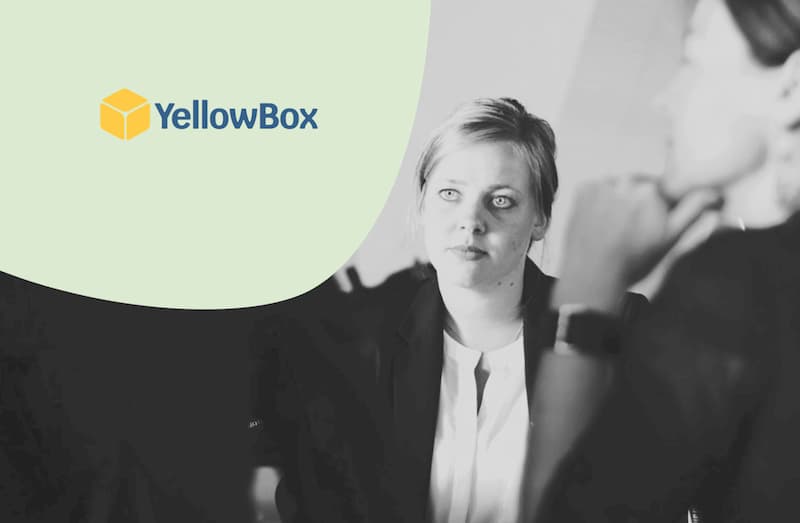
Course Content
Introduction
You don't currently have access to this content
The Role of the Interview
You don't currently have access to this content
2 Topics
Interview Outcomes
You don't currently have access to this content
Interview Structures
You don't currently have access to this content
Interview Preparation
You don't currently have access to this content
3 Topics
Research
You don't currently have access to this content
Content Development and Messaging
You don't currently have access to this content
Physical and Emotional Preparation
You don't currently have access to this content
Impression Management
You don't currently have access to this content
3 Topics
The Likeability Factor
You don't currently have access to this content
The Emotional Process
You don't currently have access to this content
Presentation
You don't currently have access to this content
The Interview
You don't currently have access to this content
2 Topics
Control the Dialogue
You don't currently have access to this content
Questions for Conversation
You don't currently have access to this content
Post Interview
You don't currently have access to this content
2 Topics
The Followup
You don't currently have access to this content
Performance Assessment
You don't currently have access to this content
